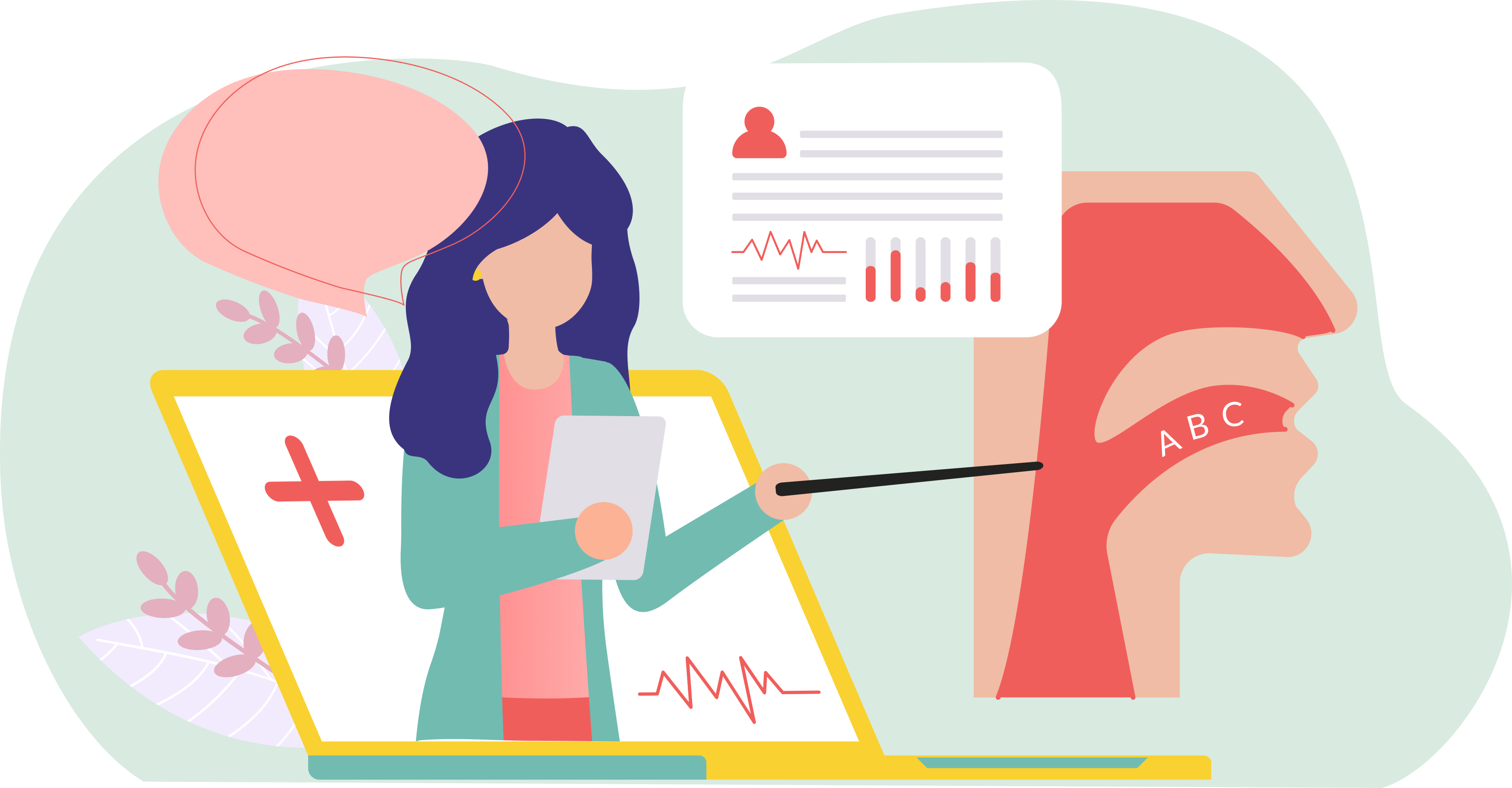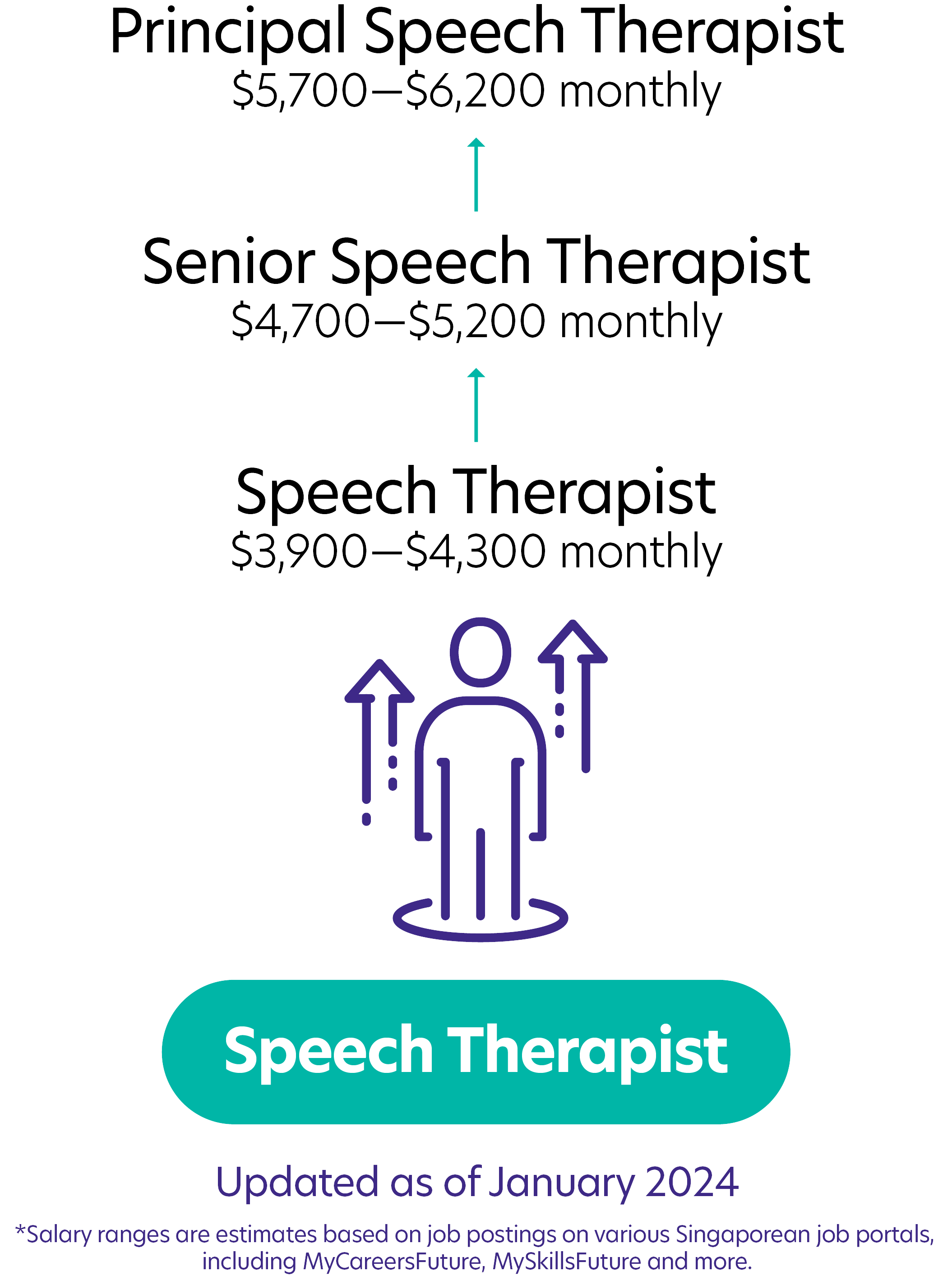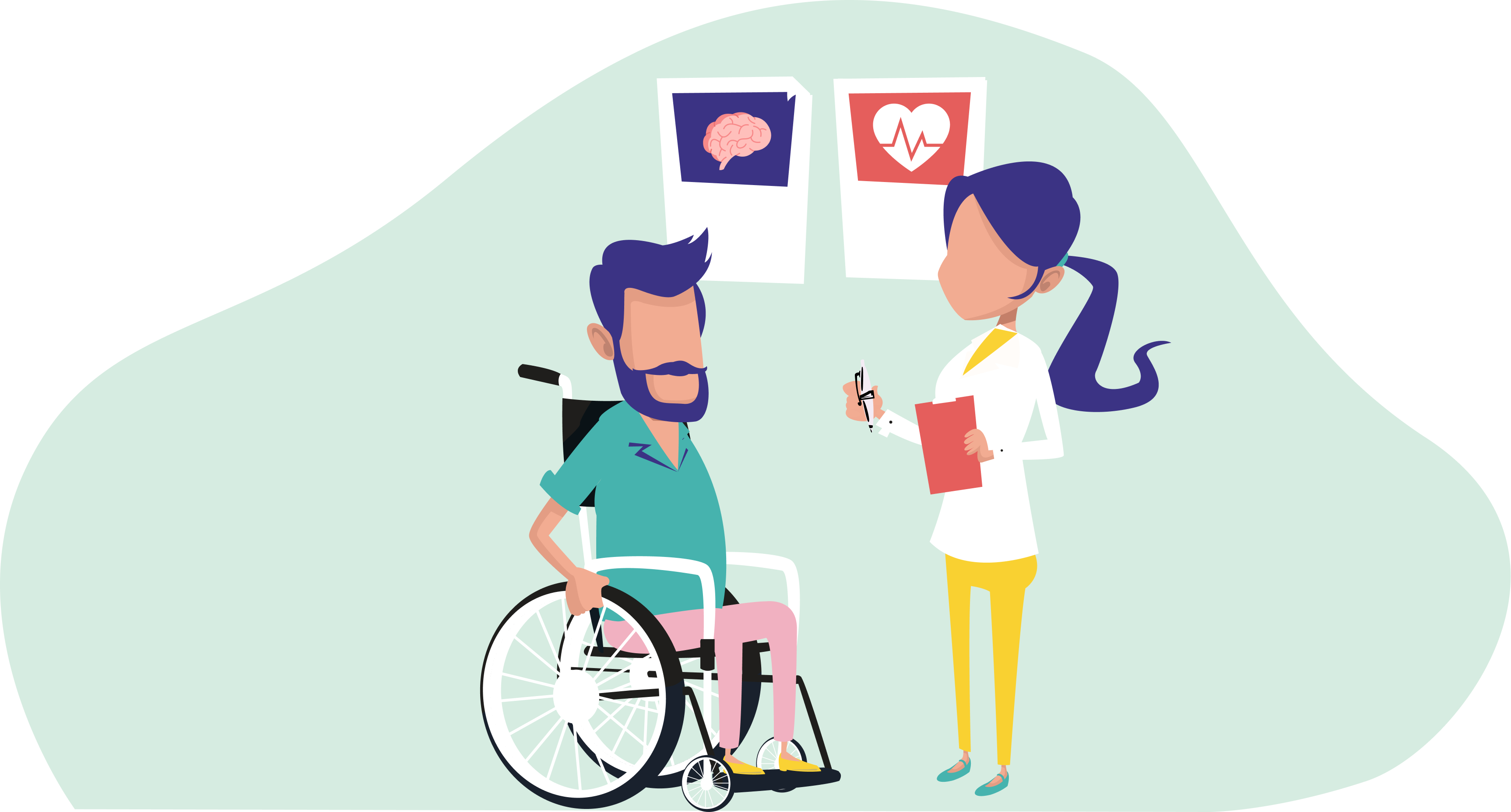
Speech Therapists assess and manage speech, language, and other communication problems. They help patients to communicate to the best of their ability.
- Design effective treatment plans.
- Communicate and liaise with patients and families, physicians, or teachers.
- Educate patients and families on communication and swallowing disorders and available therapy.
- Keep up-to-date with advancements in the field. Attend conferences, conduct research, and expand professional and academic networks.
- Take detailed notes on patient history and progress.
- Evaluate patient progress and implement changes to therapy programmes as required.
Note
Speech Therapists focus on helping individuals overcome challenges in speech, language, voice, and fluency. Their work supports clients from toddlers to adults, tailoring therapy to each person's needs to enhance their communication skills and confidence in social settings.
Nature of Work
Speech Therapists work with patients of all ages and doctors, nurses, school teachers. They work at private clinics, hospitals, preschools or nursing homes.Key Advice
The Ministry of Health (MOH) also offers scholarships. Check them out here: www.healthcarescholarships.sg-
Entry RequirementsEntry Requirements
- Minimally a bachelor's degree in Speech and Language Therapy is required.
- In Singapore, only the Singapore Institute of Technology (SIT) offers a Bachelor of Science (Honours) in Speech and Language Therapy. You can also pursue a relevant degree from overseas institutions recognised by the Allied Health Professions Council (AHPC).
- You may further your studies by taking a Master of Science (Speech & Language Pathology) at the National University of Singapore (NUS).
- Minimally a bachelor's degree in Speech and Language Therapy is required.
-
Possible PathwayPossible Pathway

Intervention Planning
Skill in developing tailored speech therapy interventions based on patient assessments and goals.Case History Taking
Adept at gathering comprehensive patient histories to inform effective therapy planning and execution.Workforce Planning
Understanding workforce dynamics in healthcare, essential for efficient service delivery and team management.Communication
Exceptional verbal and non-verbal communication skills, crucial for therapy and interdisciplinary collaboration.Problem-Solving
Innovative problem-solving abilities to address diverse speech and communication challenges in patients.Collaboration
Team-oriented mindset, working effectively with other healthcare professionals for comprehensive patient care.Related Job Roles
Explore Other Programmes
Browse AllYou have bookmarked your first item!
Find it in My Discoveries with insights on your interests!










